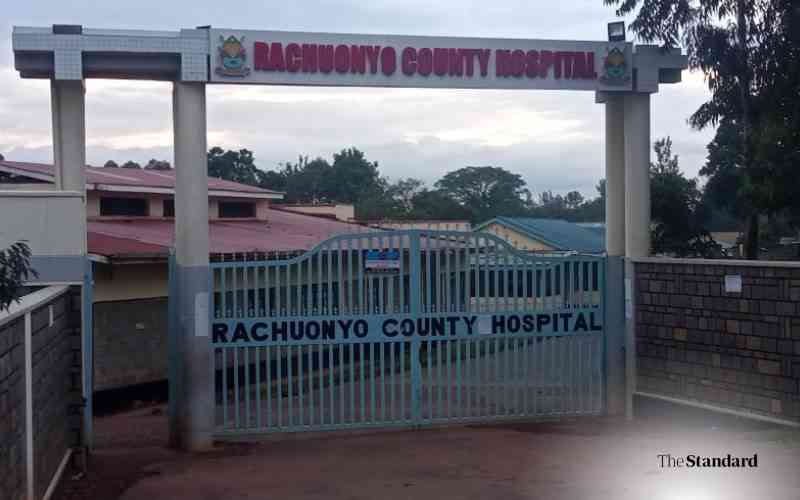AFC Urges African Nations to Leverage US$95bn Remittances for Development | News Ghana
While these funds currently sustain household consumption, the AFC argues they could be strategically redirected to address the continent’s critical infrastructure gap if supported by targeted financial innovation and policy reforms.
Remittances now exceed foreign direct investment and official development assistance in scale across many African economies, providing a stable external financing source. Yet less than 5% enters formal investment channels, the report notes. AFC Senior Director Emeka Emuwa emphasized the untapped potential: “These flows offer a unique opportunity to mobilize domestic capital without increasing debt burdens, but require systemic redesign beyond basic money transfers.”
The report proposes concrete mechanisms to convert remittances into development capital, including diaspora bonds with blockchain-enhanced transparency, remittance-linked savings products via fintech partnerships, and tax incentives for contributions to national development funds. While countries like Nigeria and Kenya have previously launched diaspora bonds with limited success, newer digital frameworks show promise in addressing historical concerns about currency risk and governance.
Digitalization proves critical to this transition. Mobile money adoption has already streamlined transfers, with platforms in Ghana and Kenya now piloting “remittance-to-investment” products that channel portions of received funds into micro-savings or insurance accounts. The AFC urges governments to accelerate this shift by harmonizing regulations, lowering transaction costs, and creating credible investment frameworks.
Redirecting just 15% of annual remittances into structured instruments could unlock $14 billion yearly for energy, transport, and housing projects – strengthening domestic capital markets while reducing reliance on volatile external financing. This strategic pivot gains urgency as global capital markets tighten and climate financing demands escalate across the continent.
The success of such initiatives hinges on building trust within diaspora communities and demonstrating tangible project impacts, particularly in nations like Somalia and South Sudan where remittances exceed 30% of GDP. As African infrastructure requires $130-170 billion annually, leveraging remittance flows offers a politically feasible alternative to unsustainable borrowing.
Follow on Google News










